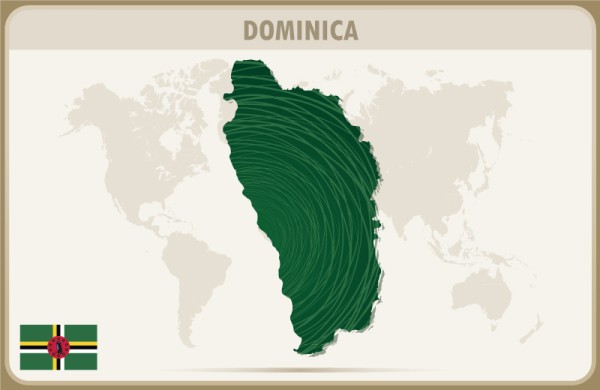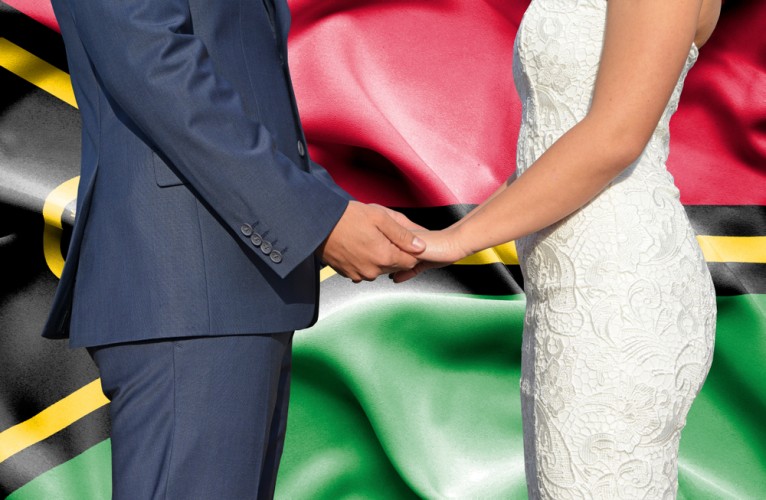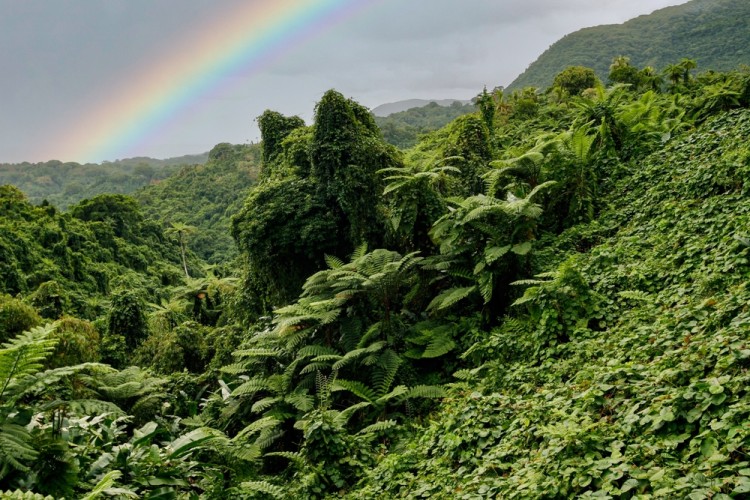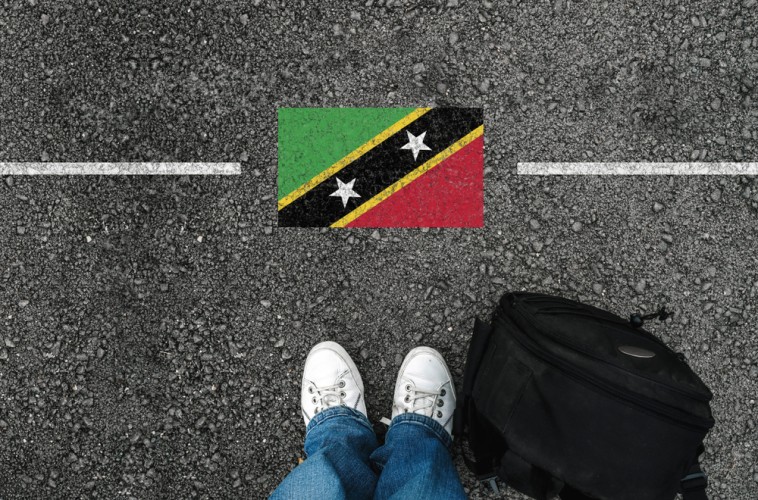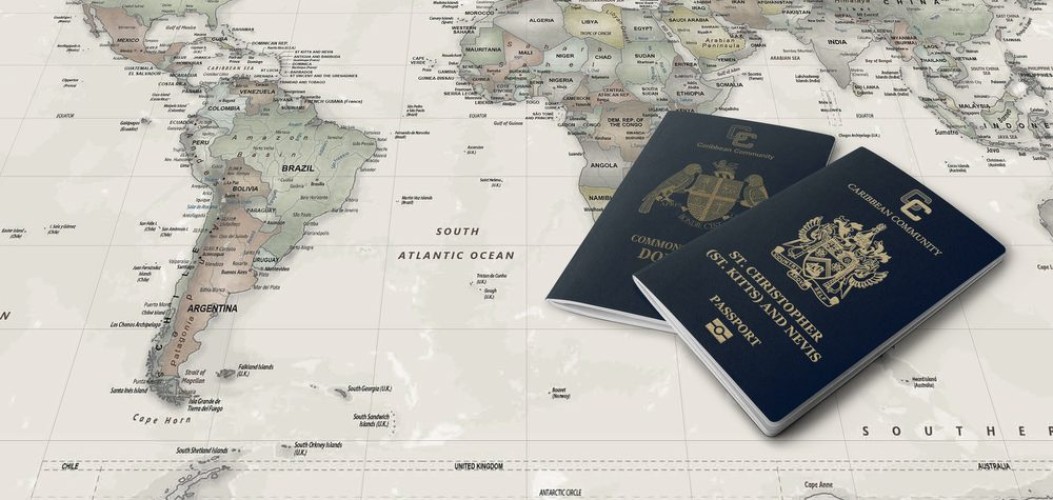Known as the “Nature Island” of the Caribbean, Dominica is a perfect fusion of thrilling adventures and serene living. Relocating here means immersing yourself in breathtaking tropical scenery, joining a warm and welcoming community, and enjoying a relaxed pace of life that perfectly complements the island’s natural charm. This guide provides essential information to make your relocation seamless and informed.
Why choose Dominica?
For US expats, Dominica offers a range of compelling benefits:
| Advantage | Details |
| Pleasant Climate | With average temperatures around 26°C (79°F), the island enjoys warm and sunny weather all year. |
| Cost-Effective Living | The cost of living is significantly lower than in most US cities, making it a budget-friendly destination. |
| Stunning Scenery | From lush rainforests to volcanic peaks and pristine beaches, Dominica’s natural beauty is unmatched. |
| Welcoming Community | The island’s small population creates a friendly atmosphere and a strong sense of community. |
| Endless Adventures | Enjoy outdoor pursuits like hiking, snorkeling, and diving, all easily accessible on the island. |
Steps for moving to Dominica
Relocating from the US to Dominica requires some planning. Here’s a streamlined approach:
- Choose Your Investment Option
Decide whether to make a donation to the Economic Diversification Fund (EDF) or invest in government-approved real estate. - Work with a Licensed Agent
Engage a licensed CBI agent to assist with your application and ensure everything is in order. - Submit Your Documents
Provide necessary documents, including your passport, proof of funds, and background checks. - Due Diligence Process
The government conducts a thorough background check to confirm your eligibility. - Make the Investment
Once approved, make the required investment (donation or real estate). - Receive Citizenship and Passport
After approval and payment, you and your family receive Dominican citizenship and passports. - Relocate to Dominica
Move to Dominica and enjoy the benefits of your new citizenship, including global travel freedom.
This simplified process ensures a smooth journey to becoming a citizen of Dominica.
Safety
Dominica is recognized as one of the safest islands in the Caribbean, offering a secure and peaceful environment for both locals and expats. The community-oriented culture and low crime rates contribute to a strong sense of safety across the island. While petty crimes, such as minor thefts, can occasionally happen in tourist-heavy areas, they are infrequent. To ensure personal security, it’s recommended to follow general precautions, like locking your property and staying mindful of your belongings. Overall, the island’s tranquil atmosphere and welcoming residents make it an ideal place to live and explore.
Language
The official language of Dominica is English, making it especially convenient for expats from English-speaking countries. This simplifies daily interactions, from navigating services to building connections within the community. Additionally, the island’s cultural heritage brings influences from French and Creole languages, particularly in traditional expressions, festivals, and music. While English dominates, learning a few Creole phrases can enhance your experience and deepen your engagement with local traditions.
Healthcare
Healthcare services in Dominica include a network of clinics and hospitals that provide essential medical care. While these facilities meet the needs of most residents, for specialized treatments or complex procedures, many choose to seek care abroad, often in nearby islands or the United States. To ensure access to comprehensive medical services, expats are encouraged to invest in private health insurance. This allows for greater flexibility and coverage, whether utilizing local facilities or seeking advanced care internationally. Dominica’s healthcare system supports a healthy lifestyle, complemented by the island’s clean environment and fresh, local produce.
Education
Education in Dominica caters to a variety of needs, with public and private schools offering instruction primarily in English. The school system emphasizes core subjects and provides a supportive environment for children. For higher education, the island is home to the well-known Ross University School of Medicine, which attracts international students. Families relocating to Dominica will find the education system accommodating, with options that ensure children receive quality instruction in a familiar language.
Money and Taxes
Dominica’s tax structure is highly advantageous for expats, offering exemptions on wealth and inheritance taxes.
The simplified tax policies further enhance Dominica’s appeal as a destination for individuals looking to optimize their economic activities in a welcoming setting.
CBI Program Overview
The Citizenship by Investment (CBI) program in Dominica provides a clear and efficient pathway for investors seeking citizenship. This initiative is designed to attract global applicants, offering a seamless process and numerous benefits for individuals and their families.
| Dominica CBI Program | |
|---|---|
| Investment Options | Contribution to the Economic Diversification Fund (EDF) or investment in real estate |
| Minimum Investment Amount | $100,000 (donation) or from $200,000 (real estate) |
| Processing Time | 3-4 months |
| Eligible Family Members | Spouse, children up to 30 years old, parents, and grandparents over 55 years old |
| Passport | Visa-free access to over 140 countries, including the EU, UK, Schengen Area |
| Tax Benefits | No taxes on worldwide income, inheritance, or gifts |
| Applicant Requirements | Strict due diligence process, no criminal background |
| Citizenship Duration | Lifetime citizenship, transferable to descendants |
So, coming back to the question of moving and living in Dominica, one thing is clear: this island provides many opportunities for expatriates who want to change their lives for the better. The comfort, beauty of nature, and friendliness of local residents create the ideal conditions for a new chapter in life. As you consider your move, take the time to immerse yourself in the rich culture and stunning landscapes that make Dominica a truly unique destination.
FAQ
- Research information about the country.
- Apply for a visa or citizenship program.
- Prepare a place to live and work.
- Plan a budget for the first months of your life.
Average annual temperatures range from 20°C to 30°C, which makes the climate very pleasant to live in.
Yes, there are job opportunities, especially in areas related to tourism, education, and healthcare.
The cost of living in Dominica is generally lower than in many Western countries, but it can vary based on lifestyle choices. Basic utilities are affordable, while imported goods may be more expensive.
Dominica offers both public and private healthcare options. The public healthcare system is accessible, but many expats opt for private care for quicker service and more specialized options.
Dominica is considered safe, with a low crime rate. As with any location, it’s advisable to take standard precautions to ensure personal safety.
The official language is English, but many locals also speak Dominican Creole, which is a French-based creole.
Public transportation includes buses and taxis, but having a personal vehicle can make it easier to get around, especially in rural areas.

